DIY | Essential Oil Alternatives For Natural Deodorant

The natural plant power of essential oils aligns superbly with those of us seeking products free from potentially harmful chemicals often found in conventional deodorants and antiperspirants. However, it is extremely important to understand your ingredients, especially when making handcrafted DIY body products. Essential oils can be potent and their safe use must rely on factors such as concentration, formulation and individual skin sensitivities.
Understanding Harmful Chemicals In Commercial Deodorants
Many consumers want to know, what are the potential health risks associated with common chemicals found in commercial deodorants.
Aluminum and triclosan are common ingredients found in many conventional deodorants and antiperspirants, and they play distinct roles. Aluminum compounds are often used in antiperspirants rather than deodorants and function by blocking sweat ducts and reducing sweat which helps to control body odor that thrives in moist environments.
Aluminum's role in antiperspirants has been a subject of debate and concern. Some studies have suggested a potential link between aluminum exposure and health issues such as breast cancer and Alzheimer's disease. However, research findings remain inconclusive and further studies are needed to establish a causal relationship.
Triclosan is an antimicrobial agent widely used in personal care products(1), including deodorants and antiperspirants, soaps and toothpaste among other household items. Technically, its function in deodorant is to reduce body odor by destroying bacteria. Some studies have pointed to its contribution to skin cancer after long-term use in animals. Others indicate its connection to antibiotic resistance and even hormonal balance disruption. The FDA is currently taking measures to restrict or ban its use in certain products.
Many consumers seek natural and safer alternatives for personal care to avoid potentially harmful chemicals. Natural and aluminum-free deodorants use ingredients for sweat and odor control such as baking soda, arrowroot powder, essential oils and natural carrier oils.
The Benefits Of Natural Alternatives
So just how can essential oils serve as effective antimicrobials in natural deodorants? Essential oils have been thoroughly researched and are effective antimicrobial agents and an admirable choice as ingredients in DIY products. With natural plant properties that function as antibacterials and antifungals, essential oils such as Lavender, Tea Tree, Cypress and Lemon can not only help you smell your best, but more importantly, inhibit the growth of odor-causing bacteria on the skin. When incorporated into natural deodorants, these essential oils not only help to combat odor-causing microbes but also provide a pleasant aroma without relying on synthetic fragrances.
Tea Tree, Eucalyptus and Lavender oil contain compounds such as terpenes that can disrupt bacterial cell membranes, interfere with their metabolic processes and ultimately inhibit their growth. For example, terpinen-4-ol, a compound found in Tea Tree has been shown to possess antifungal properties that help to combat fungal growth on the skin. Thus making these oils a great natural alternative to commercial deodorants.
Studies On Aluminum
Let’s dive a little deeper into what studies and research show about the link between aluminum and disastrous health problems.
- One research study examined the potential link between aluminum exposure and Alzheimer's disease. It suggests that aluminum is a widely distributed environmental neurotoxin that could contribute to the development of Alzheimer’s by several mechanisms, including promoting the aggregation of amyloid beta proteins, oxidative stress, inflammation and disruption of calcium homeostasis. Despite some conflicting findings, the study suggests that reducing aluminum exposure may be a viable strategy for preventing or delaying the onset of Alzheimer’s.[1]
- Another such study explores the potential connection between aluminum exposure and Alzheimer's disease, presenting compelling evidence supporting a causal relationship. The authors scrutinize multiple sources of aluminum exposure, including dietary intake, drinking water, and antiperspirants, highlighting their cumulative impact on brain health. Epidemiological data and experimental studies corroborate this link, demonstrating higher aluminum concentrations in the brains of Alzheimer's patients and revealing mechanisms through which aluminum can induce Alzheimer's-like pathology in animal models.[2]
- An article by the American Cancer Society addresses fears about a potential link between aluminum and breast cancer. It points out that studies examining this association have not provided conclusive evidence to support the claim. They state that there is no clear scientific evidence linking the use of aluminum-containing antiperspirants to an increased risk of breast cancer. Various organizations, including the National Cancer Institute and the FDA, have also conducted research and found no definitive connection between antiperspirant use and breast cancer risk.[3]
Striving For A Healthy, DIY Lifestyle
Why is making a DIY deodorant a healthier and more sustainable choice? If you have ever read a product ingredient label, you may not be able to pronounce everything. Furthermore, when you make DIY products, not only can you sterilize and reuse glass containers and jars, keeping trash out of a landfill, but you can also have control over the ingredients. This allows you to test out recipes and ingredients and adjust them to your liking.
From deodorant to room sprays and natural perfumes, Edens Garden invites you to take control of your health and put to use safe and more effective plant-based ingredients. Save money and get creative all the while helping the Earth in the process.
Essential Oil Deodorant Recipe And Benefits
It’s effortless to craft DIY essential oil products and making deodorant is a great place for a beginner to start. The DIY recipe below uses a very simple blend of skin-nourishing Shea Butter and carrier oils like Jojoba and Fractionated Coconut.
Jojoba mimics the skin’s natural sebum balance and can brighten the complexion of the skin. Fractionated Coconut oil is as odorless oil, as it is light. Easily absorbed into the skin, it won't clog pores and makes a great addition to many homemade blends from massage oils to oil-based perfumes.
WHAT YOU NEED
2 oz Shea Butter
2 Tbsp Arrowroot Powder
1 Tbsp Jojoba or Fractionated Coconut carrier oil
16 drops of Tea Tree essential oil
14 drops of Lavender essential oil
10 drops of Lemon essential oil
4 oz Glass Jar or Cardboard Tube
HOW TO
- In a double boiler, melt Shea Butter over medium heat, then stir in Carrier Oil.
- Once melted, remove from heat and whisk in the Arrowroot Powder and Essential Oils.
- Transfer to a 4 oz Glass Jar and let cool.
- For application, apply a quarter-sized amount to the underarms.
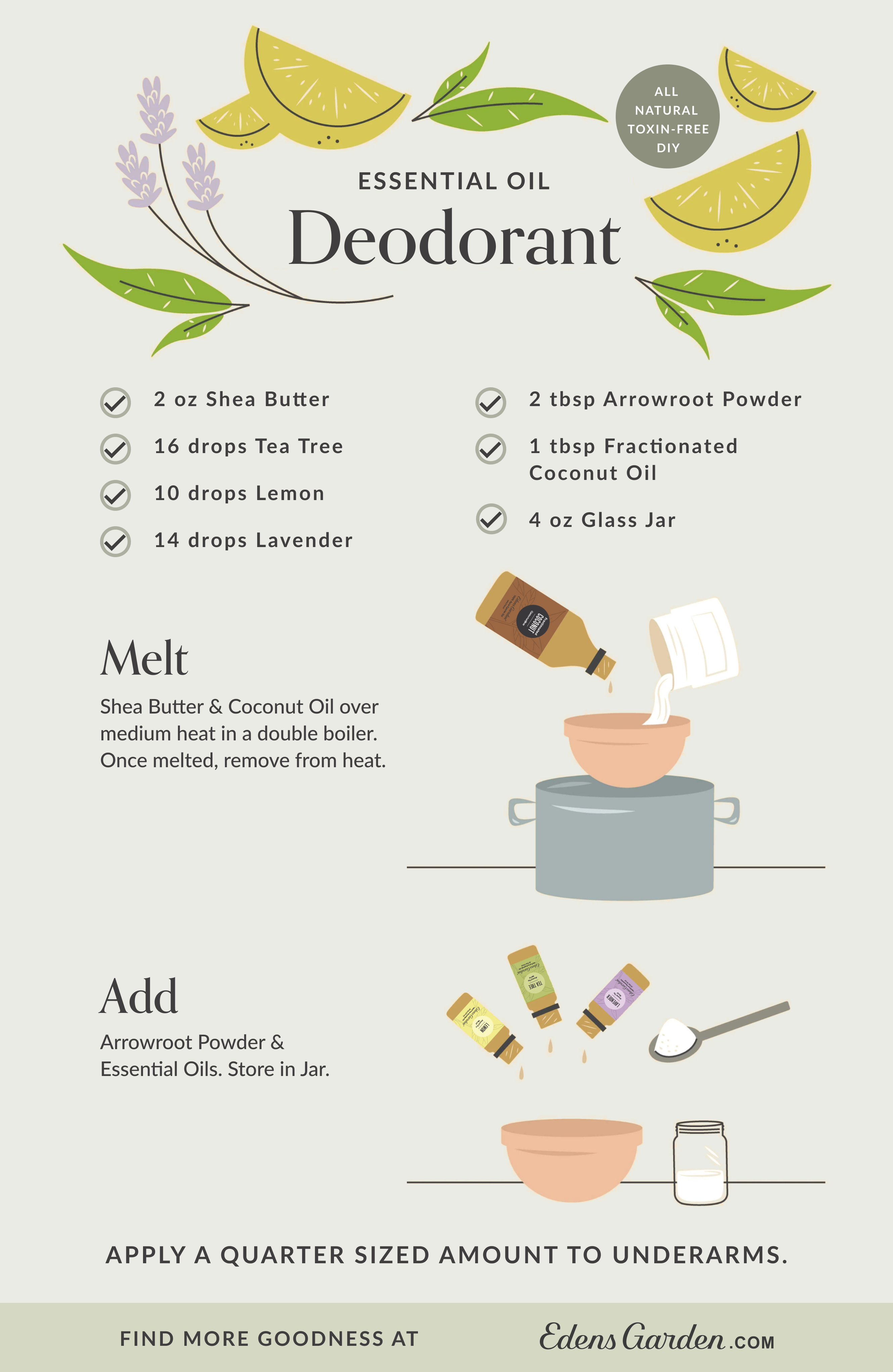
SOURCES
- Link between Aluminum and the Pathogenesis of Alzheimer's Disease: The Integration of the Aluminum and Amyloid Cascade Hypotheses. https://www.ncbi.nlm.nih.gov/pmc/articles/PMC3056430/
- Aluminum and Alzheimer's disease: after a century of controversy, is there a plausible link? https://pubmed.ncbi.nlm.nih.gov/21157018/
- Antiperspirants and Breast Cancer Risk. https://www.cancer.org/cancer/risk-prevention/chemicals/antiperspirants-and-breast-cancer-risk.html
Grab The Essentials Here:
Leave a comment (Comments will be approved before showing up)
4 comments
Edens Garden
Hi Janet! There are plenty of alternatives to Tea Tree that you can use in this recipe, such as Manuka, Balm Mint Bush, Cajeput, or Eucalyptus. Hope that helps!
Gretchen Curtis
Thanks for the helpful article! Where do you get high quality shea butter?
Janet
Is there an alternative to Tea Tree Oil for making deodorant? I take homeopathic remedies and cannot use Tea Tree. Thanks.

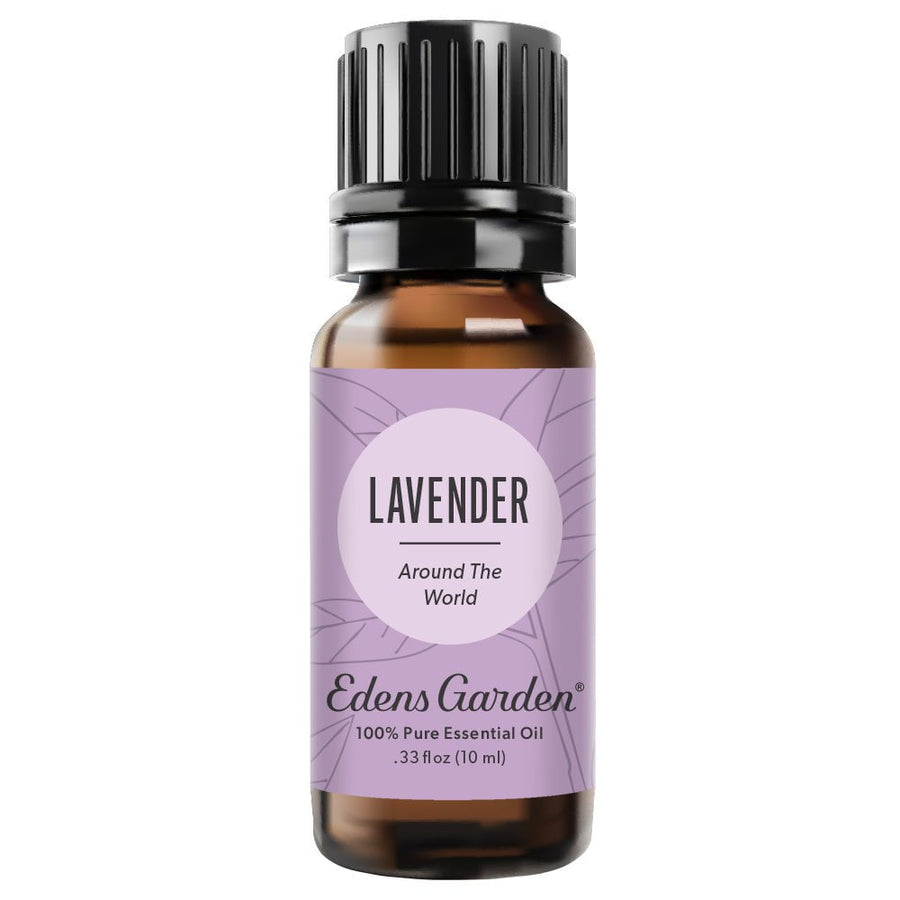
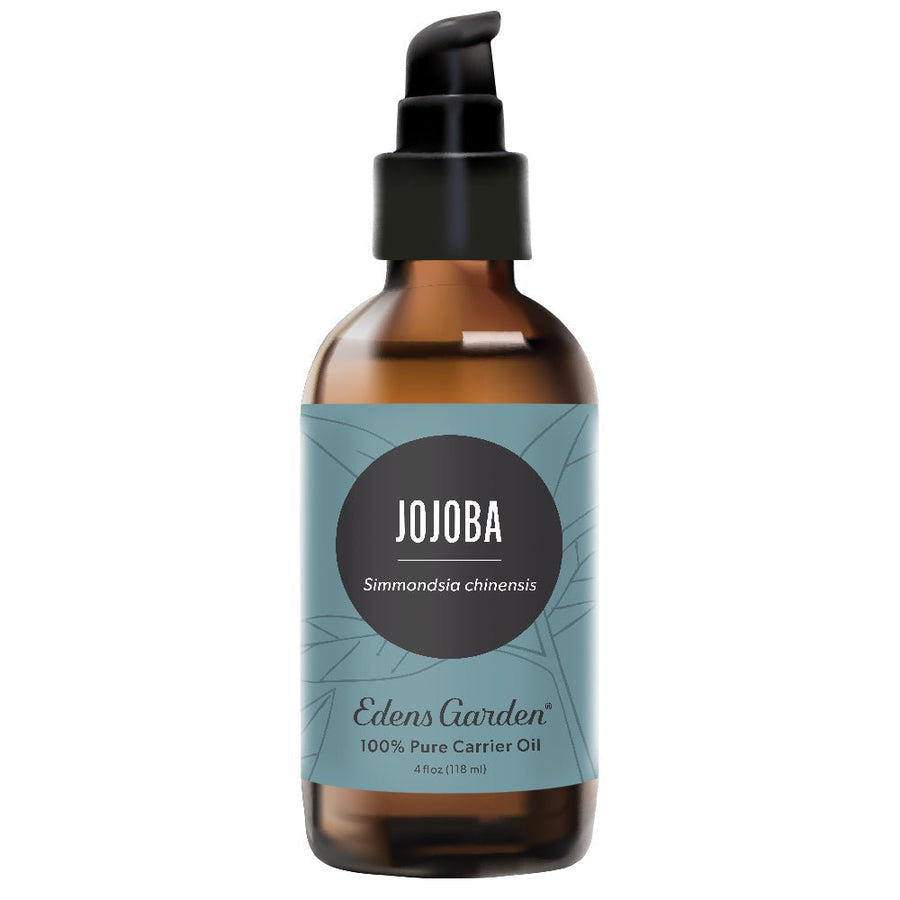
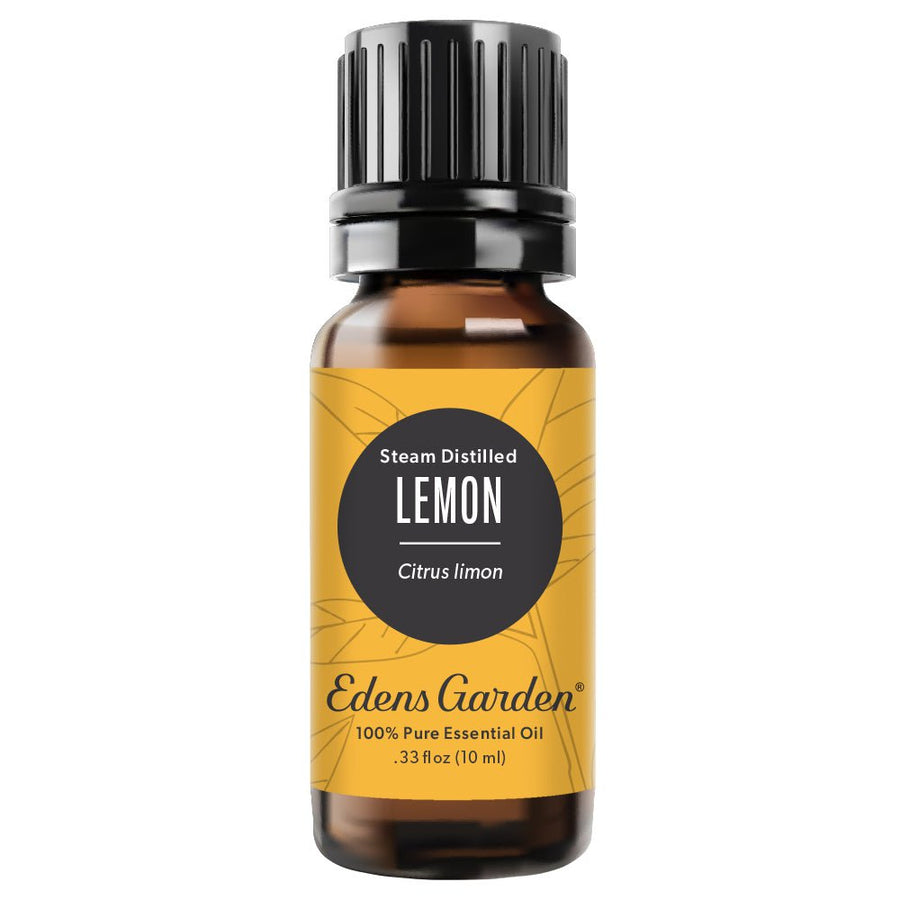

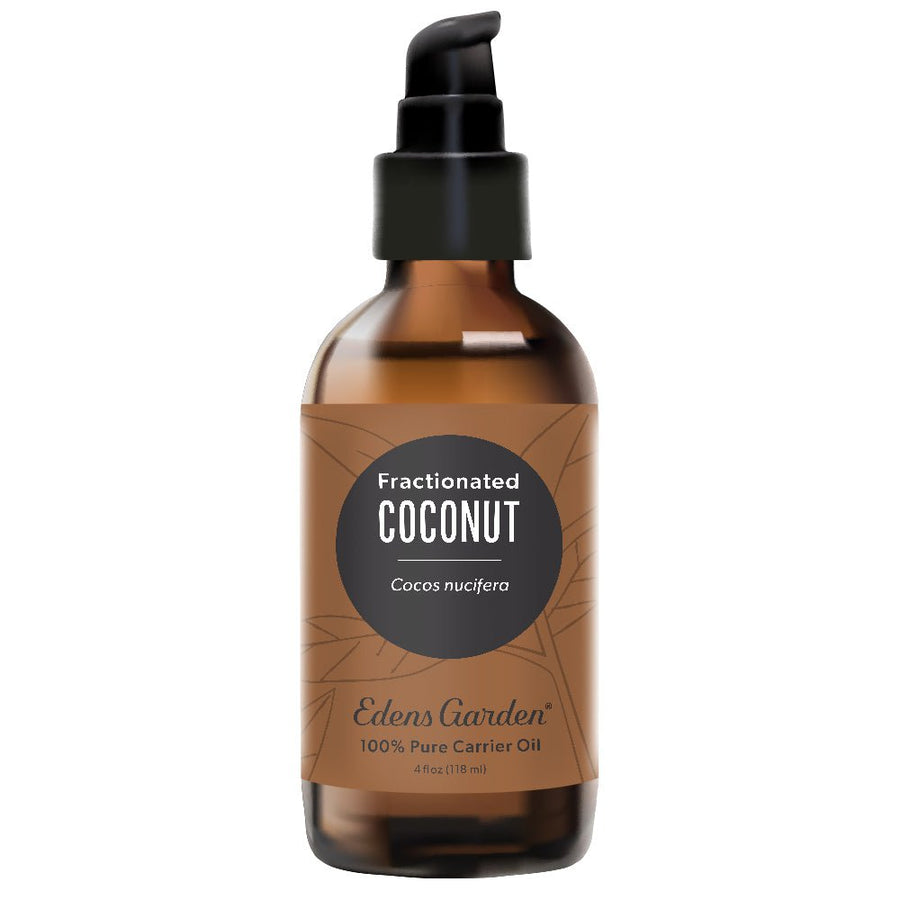




Edens Garden
March 13, 2024 at 11:00 am
Hi Gretchen! We recommend shopping for shea butter from a cosmetic ingredient supplier. If they can provide you with a COA or Safety Data Sheet and answer questions about where the product was sourced from, that’s a good sign! Happy DIYing.